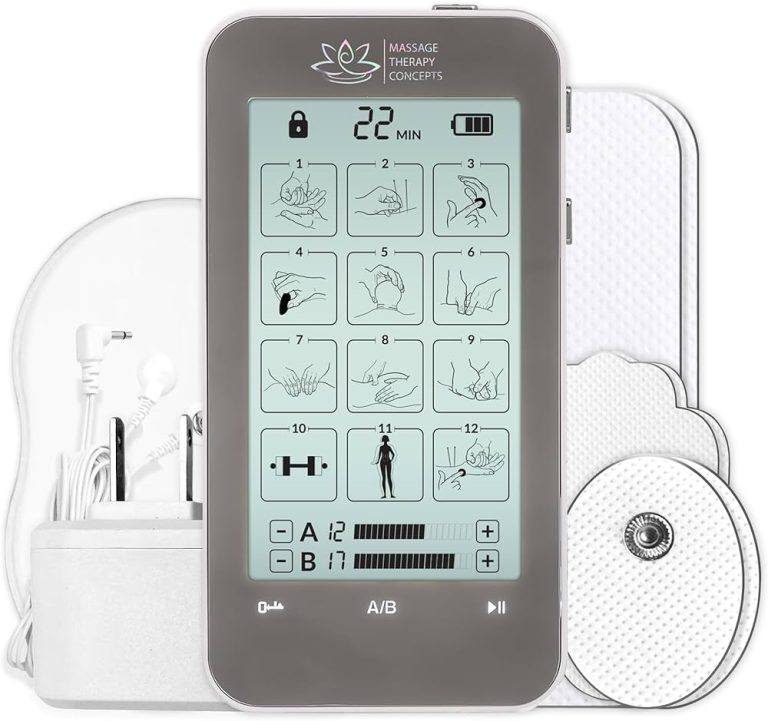How Does Marathon Work
Marathon works by engaging in prolonged physical activity, typically running 26.2 miles in a designated route. Marathon is a long-distance running event that tests the endurance and determination of participants. Athletes train rigorously for months, both physically and mentally, to prepare for the grueling challenge ahead. The race attracts diverse individuals, from seasoned runners aiming…






